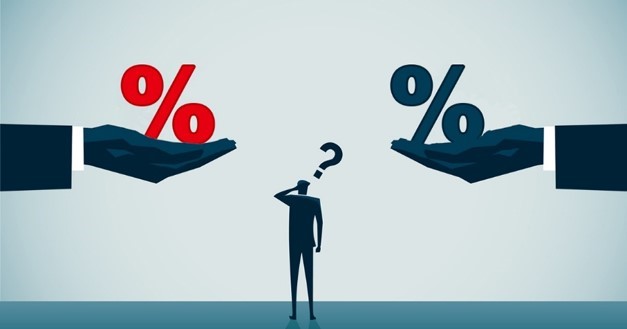Mortgage Closing Scams

The American bank robber, Willie Sutton, was asked why he robbed banks and his answer was "because that is where the money is." During his 40-year career, he stole about $2 million but Internet scammers are stealing many times that amount in phishing schemes preying on unsuspecting home buyers.
These crooks know where the money is because buyers have the down payment and closing costs and are expecting to transfer it to the close the sale of their home. The FBI, in their 2018 Internet Crime Report, stated victims lost over $149 million and the CFPB estimates the losses at over $1 billion as a result of fraud in real estate transactions. The scammers want to take advantage of the situation while it is still in the buyer's account.
Commonly, during the closing process, scammers will send spoofed emails to homebuyers from someone they expect to hear from regarding the transaction like the real estate agent or the settlement agent. They will include false instructions for the closing funds.
Following these suggestions can help to protect you and possibly, avoid scams:
- Call before you click to verify the wiring instructions to transfer funds. DO NOT use the phone number or email in the email request. Use a trusted source, preferably, in person, of contact information.
- Confirm everything independently with your real estate agent and closing officer. Confirm the actual instructions with the bank before transferring money.
- Verify immediately, within four to eight hours, with the title company and real estate agent that the money was received. If it has not been received, notify the bank immediately to determine if it can be cancelled.
If you believe you have been the victim of a phishing scheme, call your bank immediately and ask them to issue a recall notice on the money transfer. File a complaint with the FBI at www.IC3.gov and report it to your local FBI office.
The Consumer Financial Protection Bureau has released two documents in an effort to inform consumers about wire fraud scams that commonly occur during closings: Mortgage Closing Checklist and Mortgage Closing Scams.
This is for information purposes only and should not be considered legal advice.





